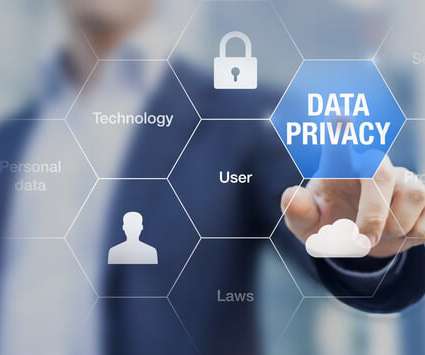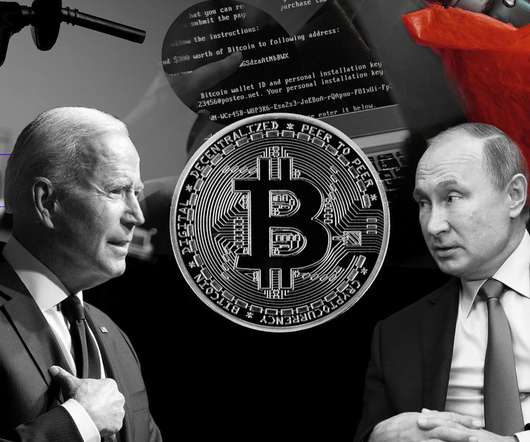The CPRA: What You Should Know as an InfoSec Professional
SecureWorld News
DECEMBER 1, 2022
Spirion, leads the discussion, which includes: A comparison of the CCPA and CPRA with other state privacy protection regulations, including the Virginia Consumer Data Protection Act, Colorado Privacy Act, Connecticut Data Protection Act, and Utah Consumer Privacy Act. Scott Giordano, General Counsel and. VP of Corporate Privacy.














Let's personalize your content